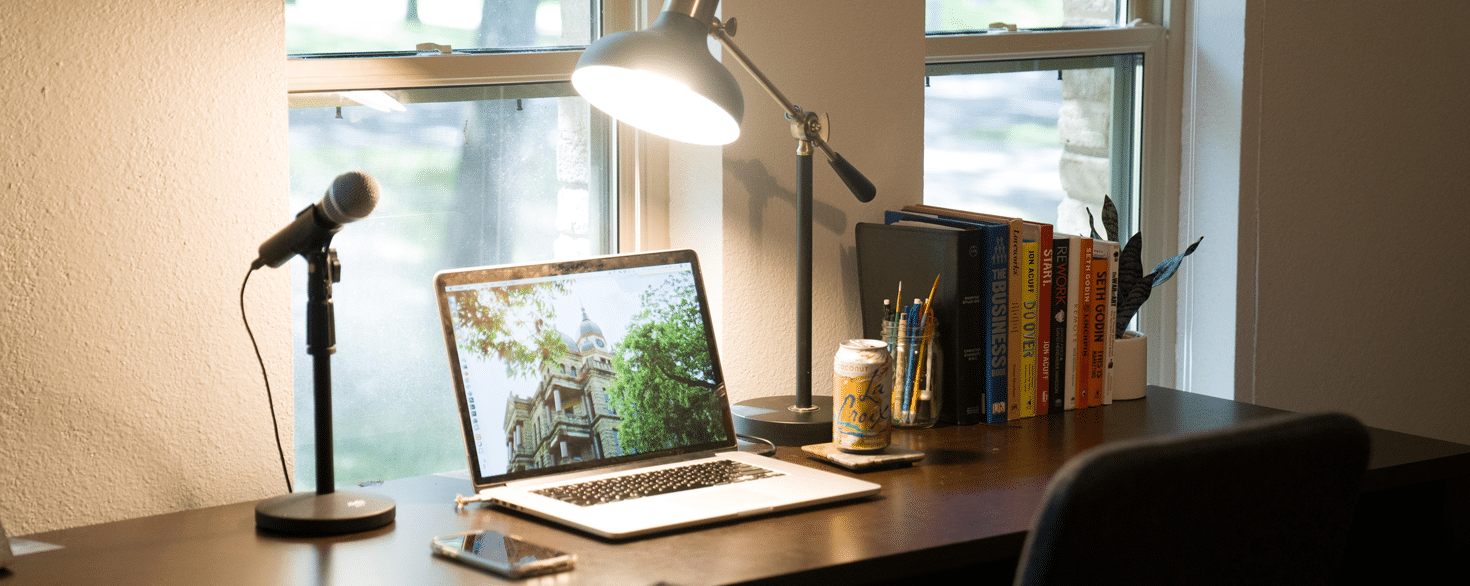
Whether words are on a report that is 8.5 inches by 11 inches, a social media feed or print books you’ll need to take your glasses out for, the activity of reading surrounds us daily.
It’s a frequent joy or a necessary action to get done what we need to and be able to communicate with others. For business or pleasure, the written word is one of the strongest tools of communication and vital to professional and personal success.
Reading is an activity for all. Regardless of the speed at which you read and your comprehension level, our reading skills are something we can continually develop and improve over our lifetime. It’s one thing to read the words on a page; it’s another to comprehend those sentences as we move forward in decision-making, communication and learning.
Reading is helpful for success. To help, here we share why expanding your reading skills can be beneficial, as well as four easy ways you can improve your reading skills to be more effective from the workplace to the classroom.
Why Reading Skills Are Important
Think about what you do on an average day. Consider how much time is spent reading words, any kind of words. That includes things like email communication, customer transcripts, order summaries, recipes, information sheets and so much more.
With so much time taken up by reading, improving your speed and efficiency in reading can help you save time and get done what you need to.
But reading involves more than cognitively sounding out and assigning meaning to an individual word. To be effective in reading, it’s important to comprehend what you read. Don’t let standardized reading comprehension tests from high school scare you off. Enhancing your reading comprehension and overall reading skills can help you get more out of what you read and enjoy the activity even more.
Ways to Improve Your Reading Skills
So how can you improve your reading skills to match the demand you may face in the quantity and type of reading you may be responsible for? Here we share four easy and efficient ways you can grow in reading comprehension and speed to both get your reading done and understand what you’ve read.
1. Take Notes
If you’re the type of learner who verbalizes and writes things down to help you remember, consider taking notes on the material you read. Whether that’s a separate note sheet or right in your textbook, making notes and annotating as you read along can help you pull out important concepts and main ideas you want to remember later.
If you’re preparing for a presentation or assessment, consider using flashcards to help you pick out the most important points and keep them organized on individual cards. These flashcards can also help you pull out related information you’ve collected for a research paper or case study.
2. Grow Your Vocab
Increasing your reading habits and growing your vocabulary often go hand-in-hand. As you’re exposed to more words and different types of writing styles and content, you’ll often grow your vocabulary as you read. Paying attention to those new words you come across can help you add to your arsenal of vocabulary you can use later on or help you to understand more of what you read. By acquiring new words, you can be better able to read more challenging material without having to stop every couple of paragraphs to look up a word in the dictionary.
3. Speed Read With Care
When you’ve got a large volume of content to read, particularly within a degree program, developing helpful strategies of speed reading can be useful as you tackle your chapters and manage all other areas of life.
Speed reading consists of a balance between taking in the content quickly while also retaining the material you’ve covered. It can be quite annoying to get done reading a page, look back and not remember a single thing of what you’ve just read.
A helpful strategy for increasing your reading speed while not forfeiting your comprehension is pulling out key points early on in your reading. Write them down or underline those overarching themes that you’ll want to remember.
Another helpful strategy when diving into a paragraph is to first identify the key themes in the first couple of sentences, often called topic sentences. These introductory statements can provide a helpful guide as you move into the paragraph.
Once you complete a paragraph or page, be sure you can identify the key themes you’ve covered as you move on to the next. Making these strategies your own can help you keep moving forward in your textbook readings or in covering long reports.
4. Practice, Practice, Practice
One of the best ways you can continue to improve your reading skills is to just do it. Being a better reader doesn’t just happen magically overnight. It takes effort and time. Like many great skills in life—from sports to public speaking to cooking—reading takes practice and repetition to continue to advance your abilities.
Find your ideal reading spot that helps you focus and stay concentrated on the task at hand. Know what times of the day you read best and practice then. Be willing to put in the time in covering sometimes new and different material that can help you advance your skills in reading. Grab a cup of coffee or tea and a good book and dive into reading.
Continue Improving With a Degree Program
Growing your reading skills can be helpful whether you’re completing an assignment in the classroom or a report at work. With a practical degree program designed to equip you with knowledge you can take from the classroom to your work, advancing your reading abilities brings value. Continue your reading skills and learn more about a degree program that can help you achieve your goals while also helping you become a better reader.










